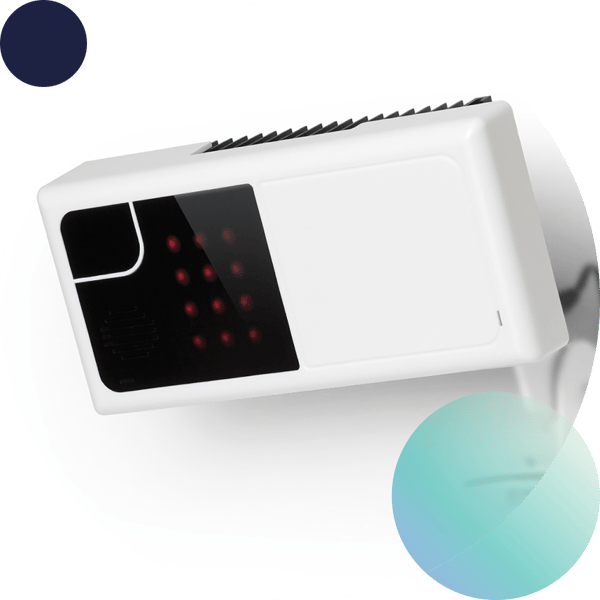Fewer falls and injuries
Falls among the elderly are often the start of a rapid downward spiral. If we prevent falls, the enjoyment of life and life expectancy increase, while elderly care becomes more sustainable.
Less stress and lower sickness absence
Those who work in elderly care notice that the pressure and stress are increasing. With RoomMate you get a better overview and can make the right priorities for your time. This way you can experience better days and increased energy.
Better sleep with less physical supervision
Physical supervision at night will often wake the resident so that he sleeps poorly and may have a bad day. RoomMate removes the need for unnecessary supervision and gives the resident better sleep and enjoyment of life.
More time for physical care
With RoomMate, you know at all times which residents need help - and which do not. This frees up capacity, and you get more time to take care of those who need it most.
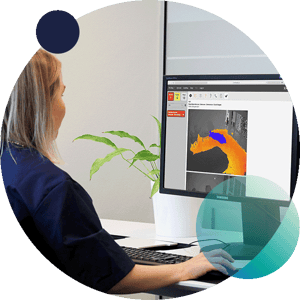
Anonymised, digital supervision
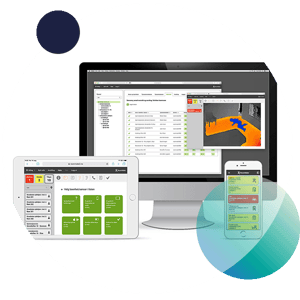
Automatic notifications
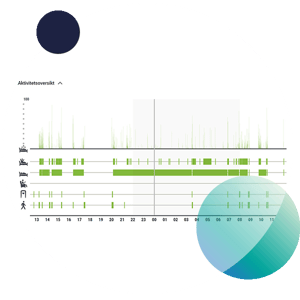
Activity overview
+ CUSTOMERS
have installed RoomMate
SENSORS
are installed across Europe
OPERATING DAYS
across many institutions.
What is RoomMate?
- Anonymised, digital supervision gives you the opportunity to see and talk to the resident to quickly assess whether there is a need for physical supervision.
- Automatic notification in the event of dangerous situations means that the resident does not need to notify himself. RoomMate detects dangerous situations and alerts staff. Especially important for people with dementia.
- Activity overview provides a unique decision support to provide residents with individual follow-up and treatment.
- Option to handle RoomMate in its own app, or in the Sensio Pocket app in the same way as other alarms.
Hear from some of our customers who use RoomMate

Advancing care with RoomMate: A game-changer at Hartford Court Care Home
Hartford Court Care Home pioneers innovative RoomMate system, revolutionizing care with tailored features for residents' needs, preserving privacy, ensuring quality, and enhancing efficiency.
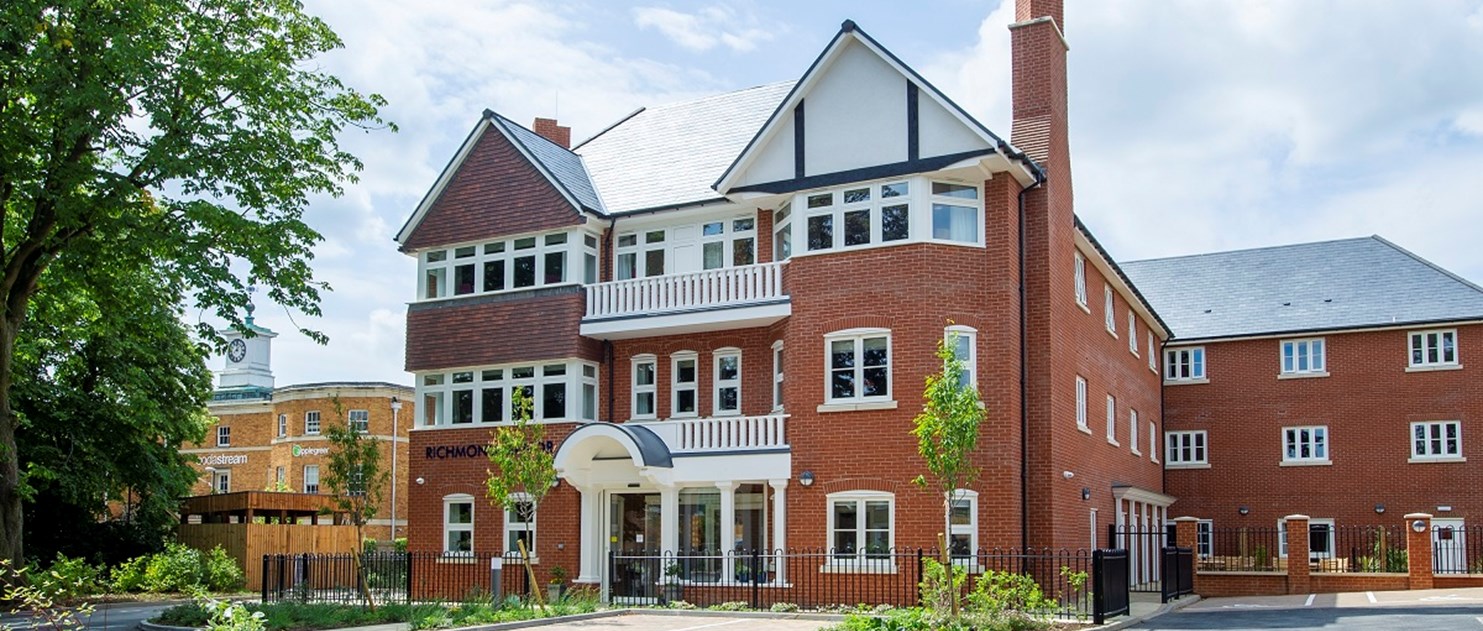
Richmond Manor’s journey with RoomMate: delivering elevated, dignified care for their residents
The RoomMate sensor has significantly improved care at Richmond Manor, reducing falls by 83%. It enhances night-time care and provides proactive alerts for dangerous situations, benefiting dementia patients.

Reducing falls: First UK care provider to roll our revolutionary safety sensors across all rooms
At Foxhunters Care Home, Abergavenny, Dormy Care have begun a journey towards a safer, more proactive, and significantly more independent living for residents with the introduction of the RoomMate sensor system.
News from RoomMate
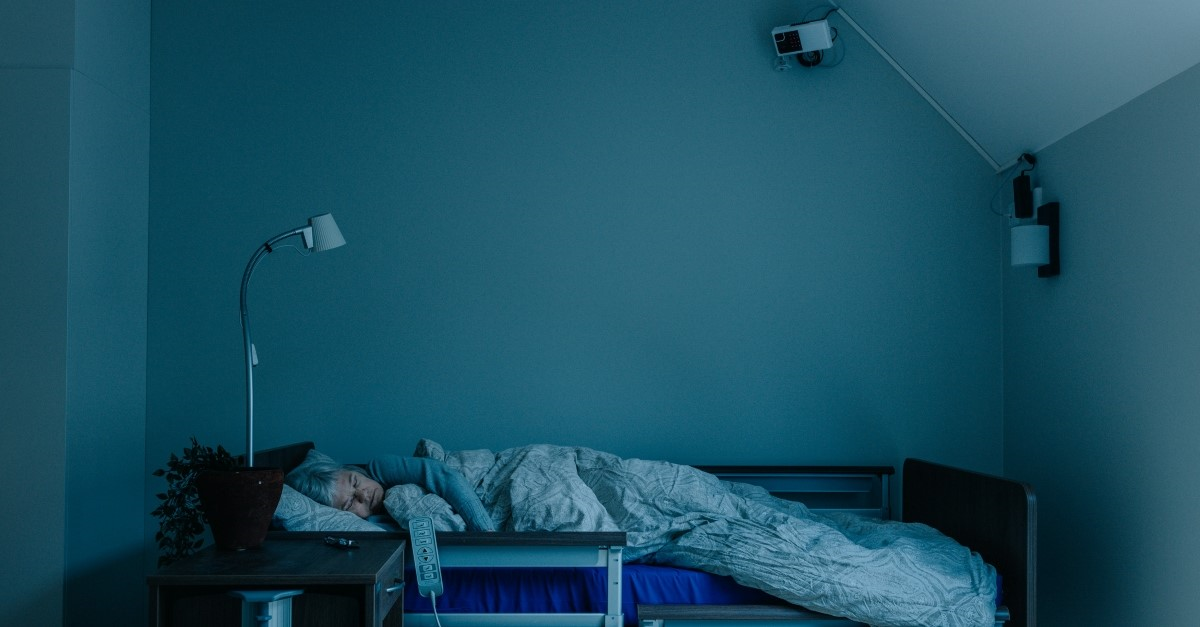
Webinar on demand: Empowering the Care Workforce to Navigate the Future of Dementia Care in the UK
Watch our new webinar! In this webinar we explore innovative strategies to equip care professionals for the rising dementia challenge. Our guests discuss the evolving landscape of care, where clinical responsibilities and digital advancements intersect to redefine care work!
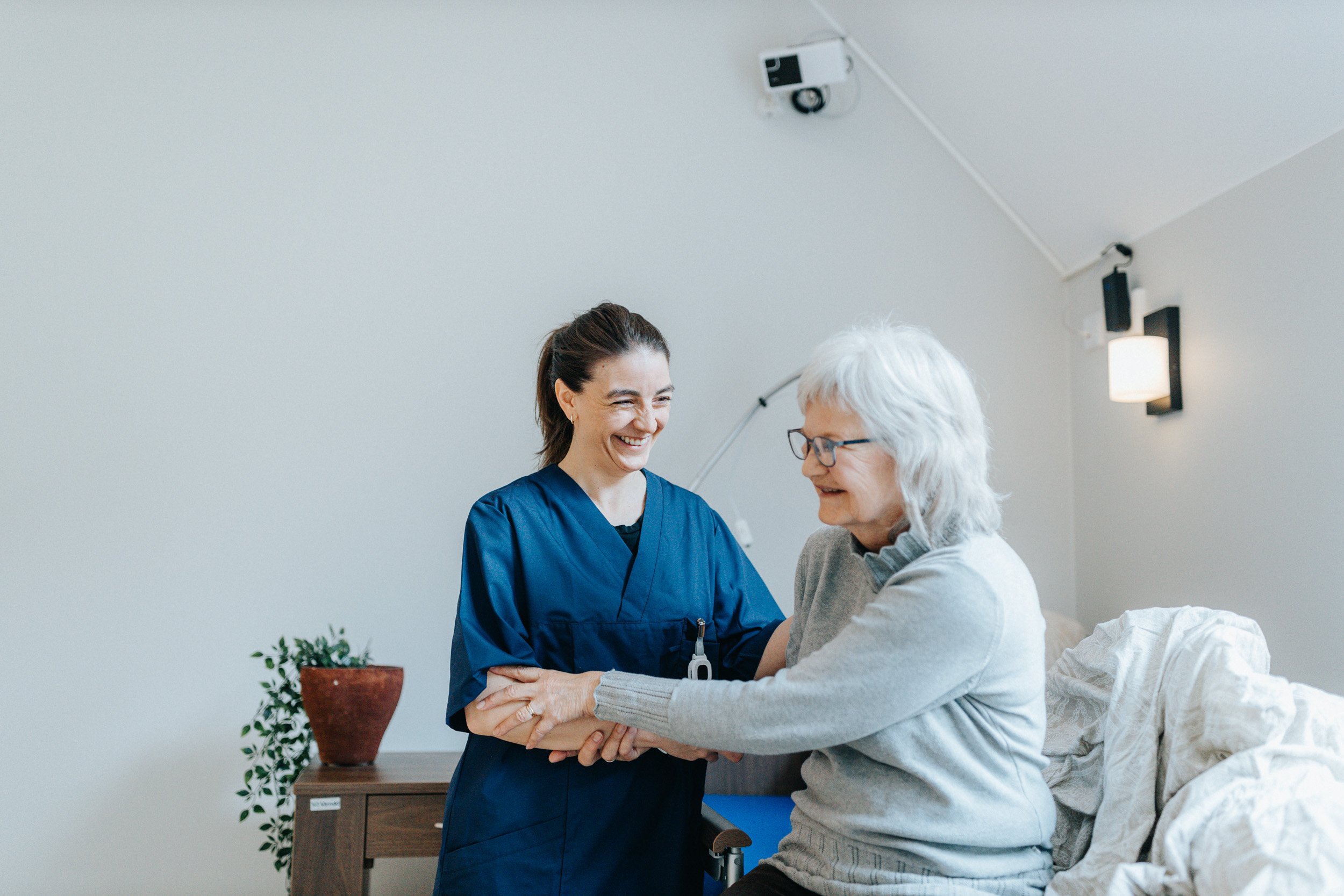
Benefits in elderly care by using the safety sensor RoomMate
A 2024 study among care leaders and care staff in the Nordics, performed by the independant test lab Norwegian Smart Care Lab, shows several benefits for residents, staff, care homes and society, when using the safety sensor RoomMate.

Introducing RoomMate: A Proactive Solution in Preventing Falls in the UK Market
With a commitment to revolutionising healthcare provision through technology, we at Sensio proudly announced the UK launch of our groundbreaking RoomMate sensor on Wednesday, 27th September 2023.
Frequently asked questions about RoomMate
What is RoomMate?
RoomMate is a patient warning and monitoring system, based on a unique infrared light 3D technology. It can send anonymised images of the situation in the room so that healthcare professionals can check alarms and carry out digital and anonymous inspections without disturbing the resident or making unnecessary interventions in privacy. RoomMate is a so-called passive warning sensor that warns of falls and other possible dangerous events without the resident having to carry equipment on their body or triggering an alarm themselves. RoomMate is extremely well-tested and has more than 11.000 sensors deployed in Scandinavia. We have very good references from all types of healthcare providers, and there is virtually no churn.
What is the user group for RoomMate?
Which alerts and alarms can RoomMate trigger?
RoomMate can warn about these incidents: Falls – if a person falls in the room the sensor will pick that up without any need for wearables Sits up in bed – gives an alert if a person prone to falls sits up during the night. This means that care staff can get to the patient before they leave the bed Leaving the bed – if the patient leaves the bed Leaving the chair – if the patient leaves the chair Activity – general activity in the room Person enters the room – if someone enters the room, perhaps at a time when that’s not supposed to happen Person leaves the room – be alerted when someone leaves the room and might cause harm to themselves or others High volume – patients crying out for help can be heard by the sensor Movement in bed – if the patient doesn’t move for a certain time it can mean that they might need help, for instance, to reduce pressure ulcers. and the other way, if they do move sufficiently themselves, they might not need help turning.
How does RoomMate handle visual and/or audible supervision?
What are the privacy features of RoomMate?
These are some of the privacy features of RoomMate: – Infrared 3D sensor, no camera – Anonymised visual and audio assistance *Shadow-like visual representation *Cannot directly or indirectly identify person *Anonymised audio supervision available – Anonymisation takes place in the sensor itself – No visualisation or audio data from the room is stored – All events and supervisions are logged – Encryption of data – Home users can deactivate service on-demand for additional privacy
What does the RoomMate need to work?
Only power and internet access are required for RoomMate to work. RoomMate is a complete system that has everything included. Administration and alarm handling is done via computer, tablet or phone.

